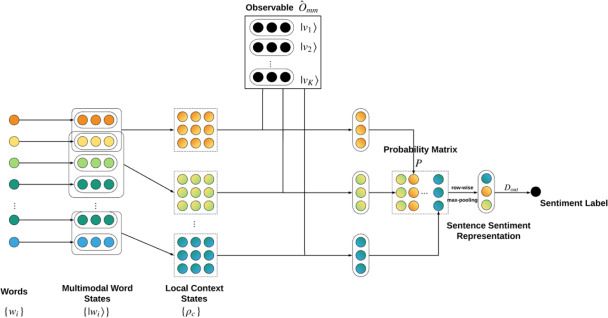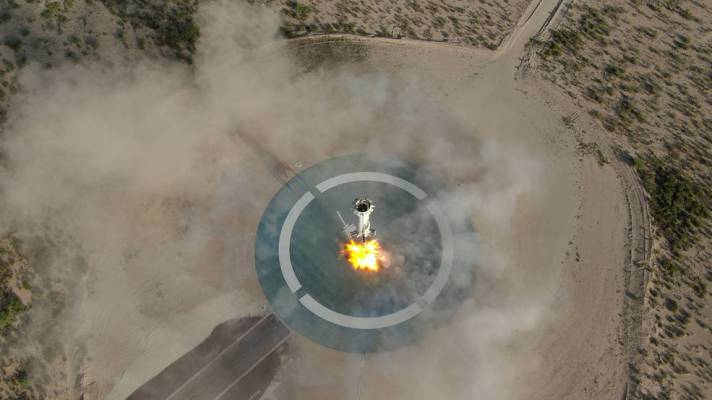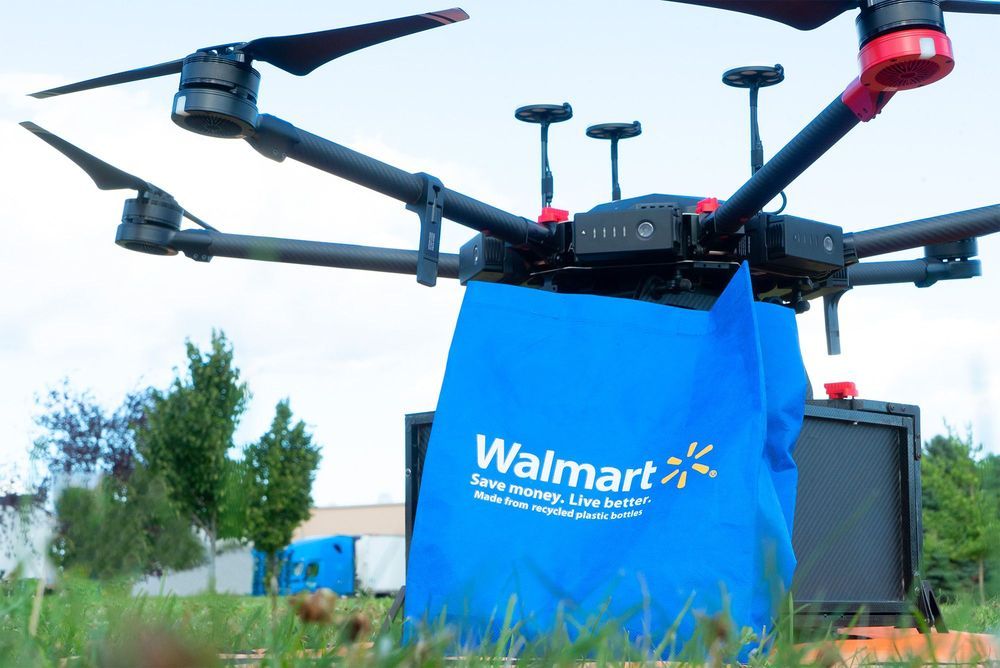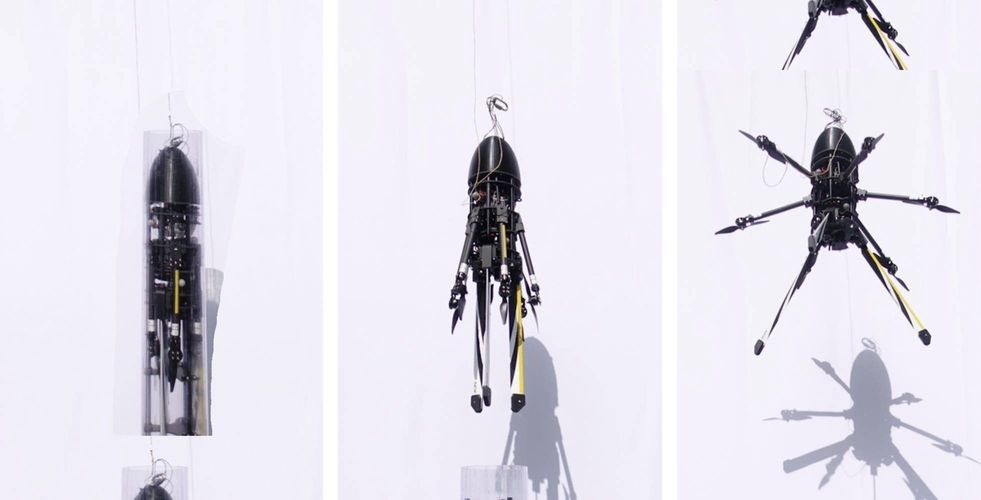We tackle the crucial challenge of fusing different modalities of features for multimodal sentiment analysis. Mainly based on neural networks, existing approaches largely model multimodal interactions in an implicit and hard-to-understand manner. We address this limitation with inspirations from quantum theory, which contains principled methods for modeling complicated interactions and correlations. In our quantum-inspired framework, the word interaction within a single modality and the interaction across modalities are formulated with superposition and entanglement respectively at different stages. The complex-valued neural network implementation of the framework achieves comparable results to state-of-the-art systems on two benchmarking video sentiment analysis datasets. In the meantime, we produce the unimodal and bimodal sentiment directly from the model to interpret the entangled decision.





